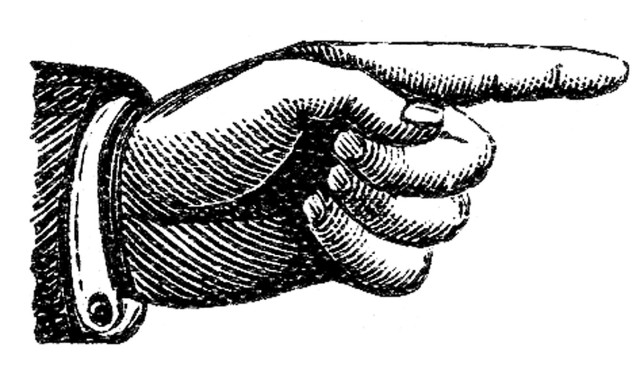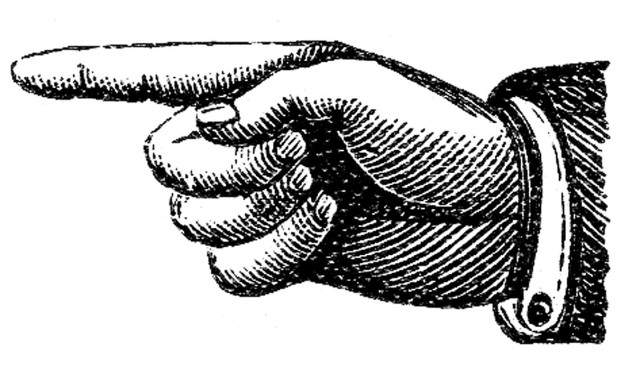 Paulo Freire distinguishes between the banking education and problem-education. He says:
Paulo Freire distinguishes between the banking education and problem-education. He says:
“Banking education … attempts, by mythicizing reality, to conceal certain facts which explain the way human beings exist in the world; problem-posing education sets itself the task of demythologizing. Banking education resists dialogue; problem-posing education regards dialogue as indispensable to the act of cognition which unveils reality. Banking education treats students as objects of assistance; problem-posing education makes them critical thinkers. Banking education inhibits creativity and domesticates (although it cannot completely destroy) the intentionality of consciousness by isolating consciousness from the world, thereby denying people their ontological and historical vocation of becoming more fully human. Problem-posing education bases itself on creativity and stimulates true reflection and action upon reality, thereby responding to the vocation of persons as beings only when engaged in inquiry and creative transformation. In sum: banking theory and practice, as immobilizing and fixating forces, fail to acknowledge men and women as historical beings; problem-posing theory and practice take the people’s historicity as their starting point.”
Freire is relentlessly critical of banking education, and this is problematic. Allow me to explain. Imagine a young child, a toddler. A toddler, as the name implies, is learning how to perambulate, how to make their way in the world. At around the same age, they are also learning how to talk. One might wonder: what form of education is most conducive to language acquisition? Those that have served their time in the toddler trenches know that language acquisition is largely the result of training. “This is red.” “That is a tree.” “No, that is a leaf, not a tree.” “This is a tree.” These god-like proclamations are often accompanied by an ostension, that is, pointing a finger at the christened object. Training is necessary because as everyone knows, ostensive definition is inherently ambiguous; for how can the child know that “red” refers to the color of the object and not the shape or the name of the object itself? It is only by training that a child comes to distinguish colors from shapes and both of these properties from objects.
What type of education does this more closely resemble: banking or problem-posing? Despite my sincere admiration for Freire’s polemic, I would have to say, banking; and contrary to what Freire argues, this isn’t a bad thing! Without language, the world would be, to quote William James, just a “blooming, buzzing, confusion.” In more academically rigorous jargon, nothing would be phenomenologically available. Without language, without the ability to distinguish one thing from another, we simply don’t have anything resembling a word. However, when parents decide to teach their offspring how to speak, they are indoctrinating them. Even before they are born, as Althusser has observed, they are interpolated, that is, named. Moreover, it is through language that we conceptualize the world – change the language and you change the world. Problem-posing education is extremely valuable for the creation of critical humans, however, it’s important to recognize that this kind of learning is logically contingent and ancillary to banking education.
Heidegger once noted that we don’t speak language, language speaks us. Consider what would transpire, if parents suddenly ceased to train their children to use language? When we acquire a language, we, by and large, acquire a conceptual apparatus that we never question. Indeed, critical inquiry stops here.


Thank you for your post Darren. Interesting thoughts and points you bring up. Every concept has pros and cons and you are using critical analysis to try and figure out what makes sense and what does not. Thank you for sharing.
LikeLike
I enjoyed your critical analysis of Freire and his critique of banking education there is definitely different stages of learning and education at different levels and you outline great points. This is why critical thinking and discussions are important. Thank you for sharing!
LikeLike
How do you think about figuring out what something means without relying on ostensive definition or Wittgensteinian wrist-slapping? I’m not sure if you’re leaving enough room for learning through praxis. Must we always be aware of our conceptual framework in order to be critical of it and what’s the site of critique? The framework? The words int he framework? The concepts that populate it? Is it possible to get a birds-eye view of the linguistic terrain or are we trapped within language that has been disciplined within us from outside?
LikeLike
Nobody trains their child to talk, Darren.
LikeLike
Your case is not universal.
LikeLike